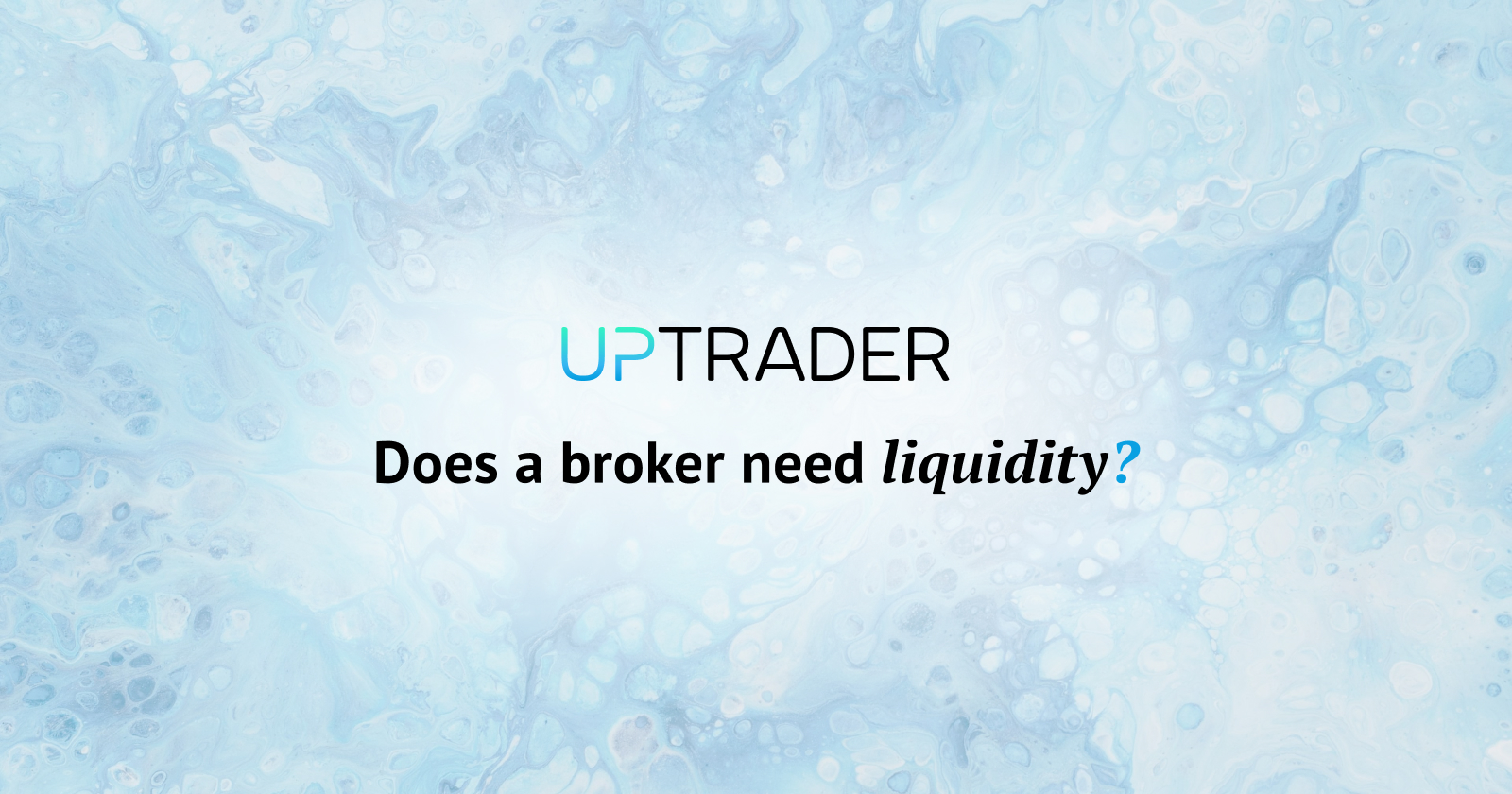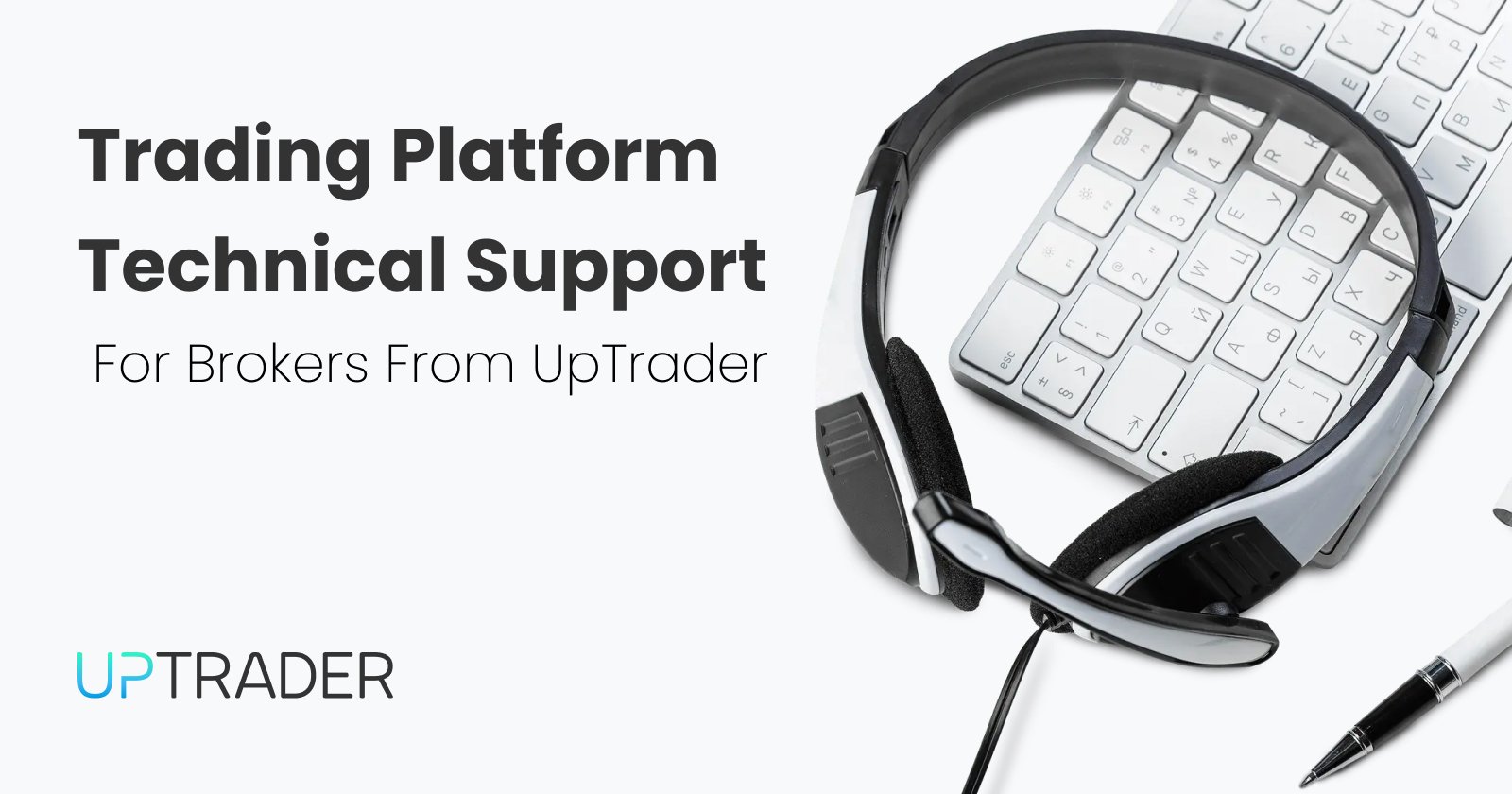Does a broker need liquidity?

Share this publication:
Does it make sense to buy external forex or crypto liquidity when an internal liquidity model, or so-called B-book, already has a great track record? Some companies decided a long time ago to work strictly by the B-book, others stick to the A-book, while some monosystem partisans are gradually switching to a hybrid scheme. Which option is the best?
Forex or crypto Liquidity
Liquidity is the ability of a currency pair to be sold quickly at close to market prices. That is, liquidity translates into the saturation of supply and demand and the ability to execute trades quickly at the best prices. Liquidity can be internal and external. B-book means internal liquidity, and this liquidity is provided by the company itself or its clients. If a broker has many clients, their trades are mutually covered, and the broker just has to monitor the total sum. As a rule, each individual client does not affect it too much. If the broker acts as a counterparty, they have to pay on profitable trades themselves. This model is rather vulnerable for many reasons. A-book means external forex liquidity. It has high demand/supply characteristics and better prices, since orders are routed to external providers who have a large pool of traders and therefore a greater order execution capacity.
B-book, or internal forex liquidity: pros and cons
Many brokers mistakenly believe that B-book is the most profitable business model, as it provides maximum profit. The orders are never placed on the market, which means that all the money clients lose stays with the company. It sounds very attractive: someone will get that money anyway, why not keep it for yourself? On the one hand, all of it is true, but this model has one significant drawback. If a client earns money, the broker will have to pay it “out of their pocket”. And as we already know, brokers working with B-book offer very high leverage so that the payouts are significantly higher compared to the initial deposit amount. To avoid paying, the broker can dispute the trade and not pay the profit. They can also manipulate the prices to help the trader lose. It is a dirty job that quickly becomes obvious. In these cases, the broker loses its reputation and clients and may as well leave the market for good. That is why in-house crypto or forex liquidity is only suitable for big brokers who have a large order flow, their own wide internal market and enough funds to pay fairly on profitable trades. A small start-up can end up with big financial losses thanks to this model. If they decide to cheat, they can also lose their reputation and clients. Finally, this model has a significant disadvantage in that principal revenue earnings vary from month to month, depending on the market. That is, it may be 30 or 70%... of losses per month.
A-book, or external forex liquidity: pros and cons
A-book is an external liquidity model, i.e., the broker brings all the trades to the market and earns on spread and swaps. They get money from every trade made by the trader. Another advantage is that the broker does not care whether the transaction is profitable or not. They receive the same commission on each transaction. Consequently, the broker is not interested in playing against the trader. The most important thing for a broker in this situation is to increase the trading volume: the more trades are made, the more money they make. It is a classic win-win model with predictable profit and minimal reputational and financial risks. It is the safest choice for a first-time broker: you only pay for the volume, which makes the business manageable and cost-effective. At UpTrader, we also offer a volume-based CRM fee which allows you to start a company with literally a few thousand dollars in your pocket.
Hybrid model: A-book and B-book
Brokers are increasingly opting for a hybrid operations model. After all, from the point of view of financial markets, it is reasonable to keep traders with small deposits on B-book because their profitable deals will not cause the company much financial trouble while unprofitable ones will turn into income. If a client has a lot of funds, however, any of their profitable trades can exceed the broker’s financial capacity. In this case, it is better to transfer that trader to A-book. Alternatively, such clients can be partially transferred to A-book in order to reduce risk exposure.
The advantages of the hybrid model are obvious: first, competent account management allows the company to receive profit both from commissions and from losing trades without risking its own funds. The broker fulfills its obligations to clients, thereby earning loyalty and building reputation. It is important to understand, however, that clients generally do not care whether the trades are brought to the market or not. They pay much more attention to trading conditions and profit payments. If a broker does everything correctly, all parties win. The only downside is that you will need competent risk managers. There are some on the market, but they are usually either employed by other companies or quite expensive. Therefore, you have to choose the hybrid model responsibly.
If have any questions related to forex or crypto liquidity, or if you need liquidity, contact UpTrader team please using our registration form and we will give you the best offer.







